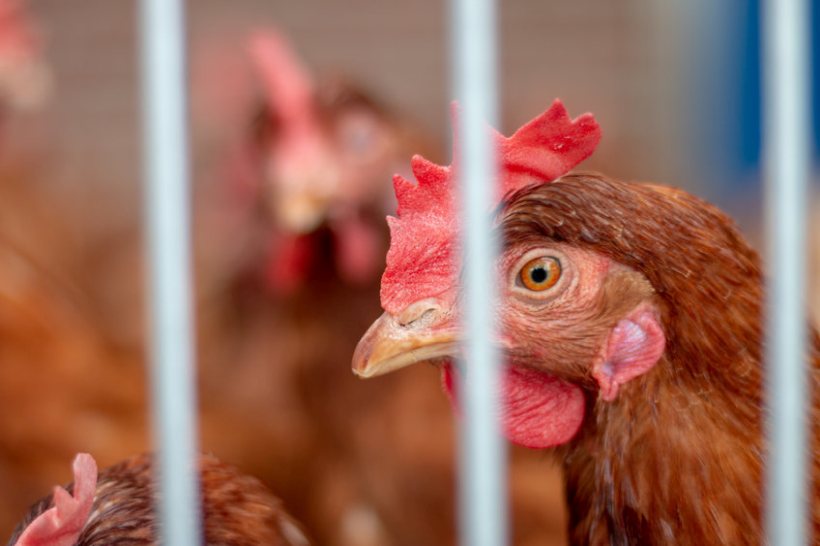
Mandatory poultry housing measures which have been in place since November to help stem the spread of bird flu are unlikely to be lifted soon, the NFU has said.
The avian influenza risk level in poultry remains 'high' where biosecurity is less stringent, and 'medium' where stringent biosecurity is in place.
This means that the housing measures, which were rolled out on 29 November 2021, are unlikely to be lifted by 21 March, the NFU said.
The union warned that from this date, the 16-week grace period that was in place for the marketing of free range eggs will end.
This means that eggs from hens temporarily housed in barns for their welfare can no longer be marketed as free range.
In England alone, there has been 85 cases of highly-pathogenic avian influenza since late October 2021, the start of the winter bird flu season.
Recent outbreaks of the disease include two cases in Suffolk and one in Aberdeenshire.
NFU chief poultry adviser Aimee Mahony said: "These housing measures apply to all poultry keepers, whether you have one hen in the garden or a large poultry business.
"Vigilance is key with this disease and it’s vital that keepers report any signs of disease in their birds at the earliest opportunity to help prevent any further outbreaks."
The housing measures built on the strengthened biosecurity regulations that were brought in across Great Britain as part of the Avian Influenza Prevention Zone (AIPZ) on 3 November 2021.
The housing measures means that in addition to housing all poultry and captive birds, keepers have to take extra precautions to keep their flocks safe.
Housing measures are kept under constant review, according to Defra, and will only be lifted once the risk level has reduced.
